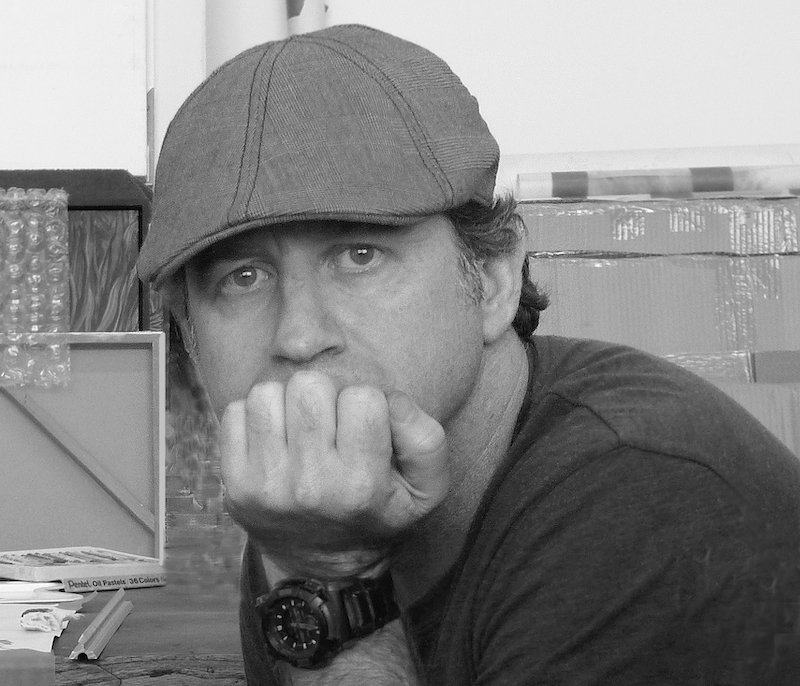I forgive you.
- Jerome Michael McLaughlin

- Apr 1, 2022
- 3 min read

These three words may be the most potent in the entirety of human expression. Perhaps second only to, “I love you.”
Can you recall that last time you spoke the words “I forgive you” aloud? The audible phrase might sound a bit overly dramatic or even biblical in its emphasis. Yet, these three words are a magical elixir - a common and readily available antidote to the unfortunate consequences of human imperfection.
We have all experienced true pain. Not the physical sort but the deep emotional kind that penetrates not only the mind but the physical body as well negatively impacting every thought and feeling for what seems an unstoppable eternity. Nothing you can do, say, eat, drink, promise, alter, or adjust seems to alleviate such engrossing trauma. Only time. Only time seems capable of healing such deep wounds.
Introspectively however, we must ask: What exactly was hurt? What did this experience actually do that triggered such a raw emotional response?
We have been offended no doubt. Our reputation has been questioned, sullied, or damaged. In our hearts, we feel we have been embarrassed in the eyes and minds of others. We have been slighted, shorted, disrespected, or outright dismissed. It is real. We feel it.
Most often the experience has wounded the most vulnerable part of our self, our own ego. The part of us we have painstakingly built up over time to project our self out into the world and protect our self from the world - the person we want the world to see.
And yet, if no one else knew, or the world was inhabited only by you and your offender, would your reaction to the experience be the same? Would you absorb the episode in a more open manner without the interference of external assumptions if it was you alone, only your true self to consider?
The meaning of “forgive” is to cease to feel resentment against (an offender). The root of “forgive” is the Latin word “perdonare,” meaning “to give completely, without reservation.”
Forgiveness is a form of surrender. A release of the powerful emotions of resentment and anger that we manufacture within. These forces do not enter from outside the mind, we make them what they are and we control what they have the potential to become.
The highest form of forgiveness is forgetting. Not the forgetting of the event or the experience but a disremembering of the resentment, anger, and hurt the episode inflicted upon us. We have sorted through all the emotions and made a conscious effort to disable or disarm our human desire to seek retribution or pursue some emotional compensation for our pain. We have worked through the entirety of the experience and reached a point that it no longer serves us well to carry the memory along.
Who hurts us the most and most often? Those we love. Why? Why would someone we love be so rude, selfish, or unfeeling as to hurt us as they do?
Sometimes the why is available for the asking. All we have to do is ask. But if we ask, we must be ready to listen and accept everything that the answer might entail, including the full acknowledgement of failures, flaws, insecurities, and shortcomings of our own – hidden, unknown, or even ignored.
This is the true summit of forgiveness. The most difficult stretch in the climb to the top – the place we can finally rest and forget the pain and difficulty of our long ascent.




Comments